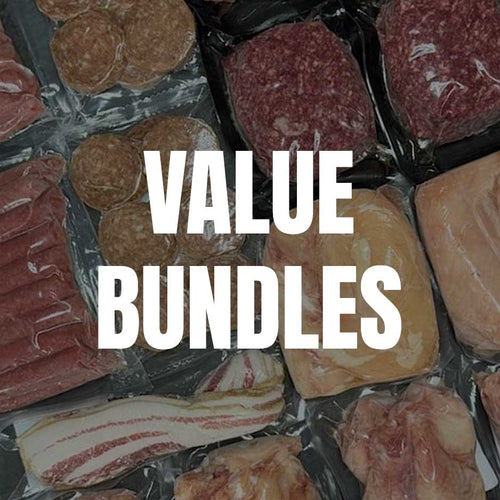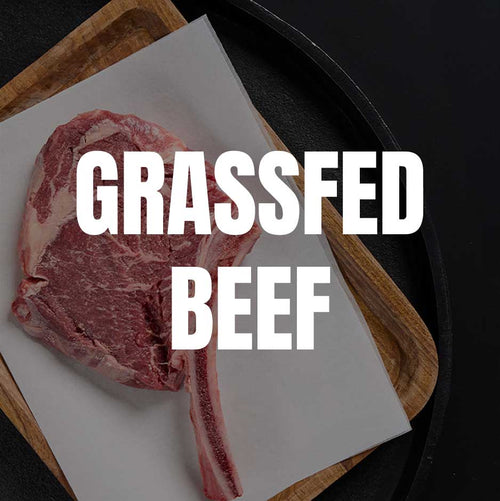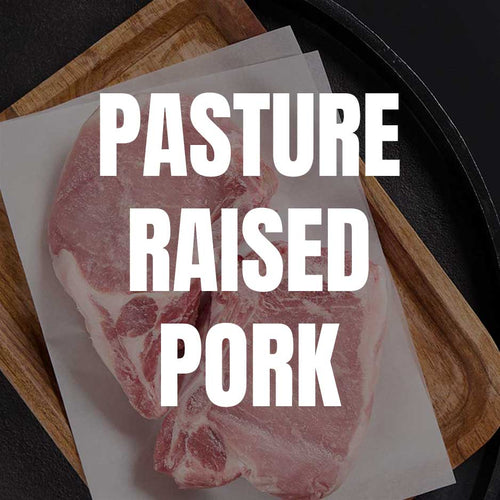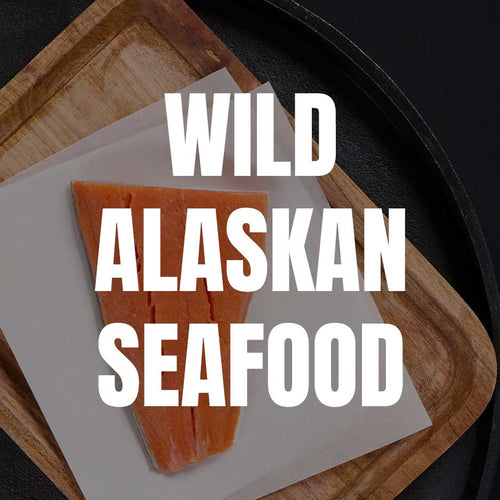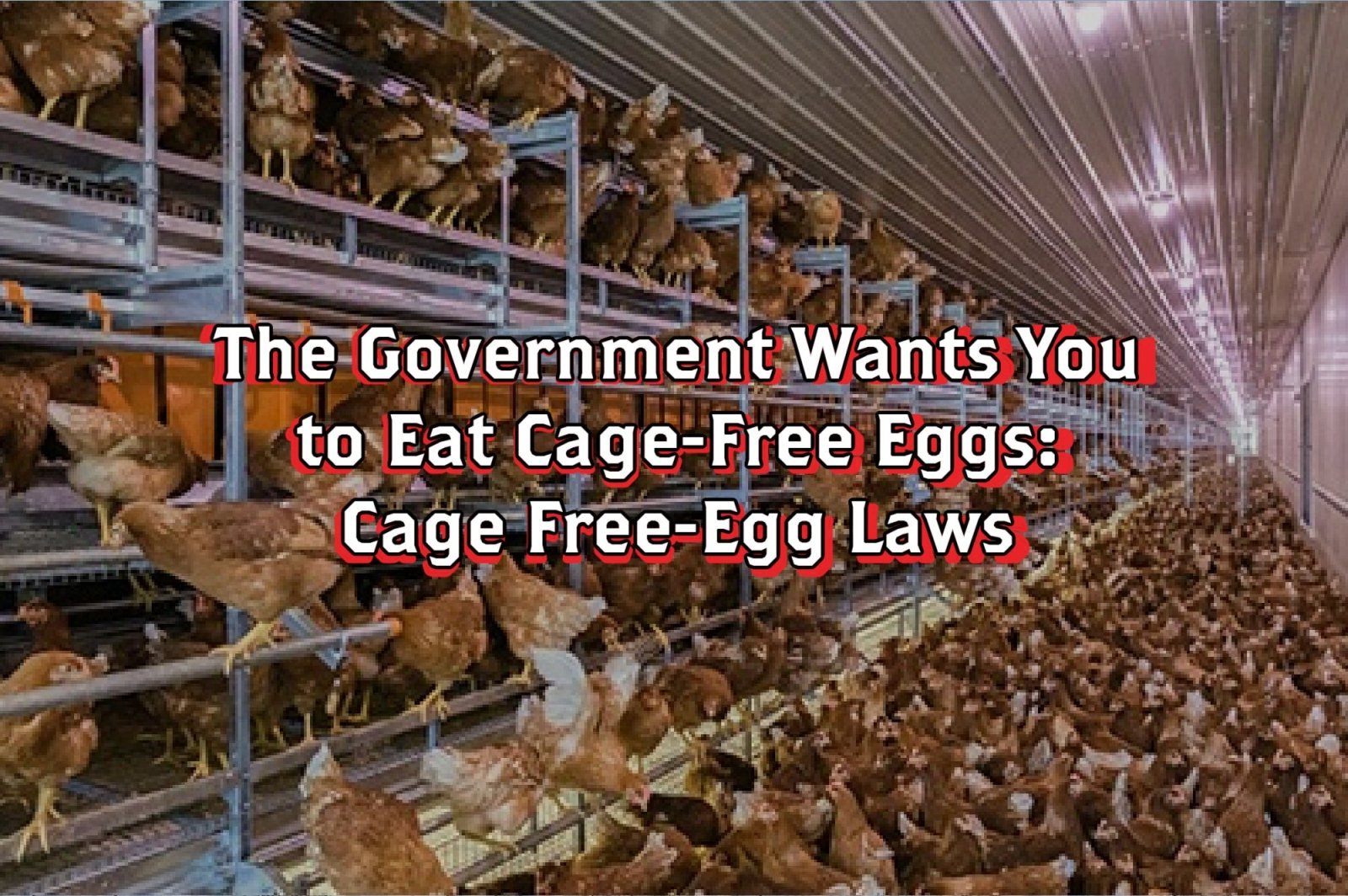
· By Jenni Bajema
The Government Wants You to Eat Cage Free Eggs: Cage Free Egg Laws
^ Picture above of multitiered "Cagefree" CAFO operations courtesy of Big Dutchman.

The Michigan Cage Free Law
Although this regulation is now hitting the grocery store shelves, it was actually signed into law 5 years ago in 2019 and producers were given 5 years to come into compliance. Here are some quick facts about the regulation:What is Cage Free?

1. Do you Trust Your Government To Mandate What you Can and Cannot Eat?
The government thinks you need help knowing what is healthy- and they aren't wrong. We can't be experts at everything, so we rely on people we trust to guide us. However, the government no longer has our best interested in mind. This bureaucratic system is manipulated through money, lobbyist and insider deals - regulations are bought and paid well before they are signed into law.
And every time a law is passed that further restricts, regulates, prohibits, or mandates food production, you lose your freedom of choice. What if the next regulation prohibits stores from selling meat because it's inhumane to slaughter an animal?
2. Who Stands to Benefit?
Who Doesn't?
Who Does?
Passing such a regulation looks great for politicians—especially in states where consumer demand for ethical products is high. It’s a way to score points without disrupting the status quo. Meanwhile, lobbyists for large agricultural corporations may push for these regulations to create barriers for smaller competitors.
Industrial egg producers benefit most since they can afford the changes to meet “cage-free” standards, which often still involve overcrowded barns.
Organizations that manage certifications and inspections for “cage-free” eggs could see financial gains from the increased demand for certification and oversight.
Cage-free labeling provides grocery stores and egg companies with a marketing angle to justify higher prices, even if the difference in production costs is minimal. This regulation allows them to sell a “premium” product to consumers who believe they’re making a more ethical choice, even when the reality doesn’t match the marketing.
The Good News?
These regulations are being passed because informed consumers are a threat to the bigs. They are swooping in to make sure they stay on top of market share by "fixing" these concerns for you.
Share:
2 comments
-
Hopefully the next governor will get rid of this $10 a dozen is to much!!!!@
Keidel on
-
Who (in Lansing) exactly voted in favor of this law? I want names, so next time I pull a lever…
$6 a dozen? My eggs were 64 cents a dozen just 2 years ago. I’m NOT Warren Buffet!Biff on



